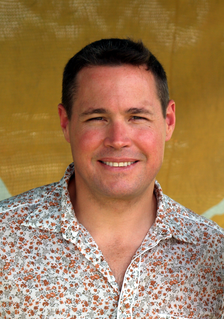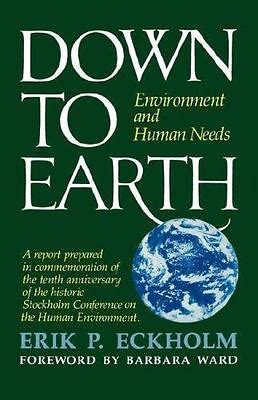A Quote by Kenneth Lacovara
The technical definition of the Holocene has to do with the extinction of a snail species in Sicily.
Quote Topics
Related Quotes
Many scientists would argue that we are now in what is called Extinction, and it's caused by this perfect extinction storm: climate change, habitat loss, pollution, unsustainable exploitation of species and habitat resources, and of course, human population explosion. All of these factors work together and conspire to drive a species to extinction on our planet, every half an hour.
The earth has continued to change, from rapid climatic changes that have caused the glaciers and the ice sheets to basically bulldoze the landscape and cause species compression in the tropics and cause mass species extinction - you know, all these huge changes. In terms of evolution, every species is doomed to eventual extinction. The natural world is constantly changing. So, to deal with "environmental problems," in quotes, totally misses the issue. That is not the way we want to define our problem if we're going to find our solution.
One animal or plant species may become extinct every hour. All species are doomed to extinction, but man through worldwide development/killing animals for food/profit/using toxic chemicals such as pesticides/industrial wastes, will accelerate the extinction of plants/animals and the result will be a more hostile environment for man.
It's a fair guess that at the rate we're destroying habitat, especially but not exclusively in the tropics, we're pushing to extinction about one species every hour. That doesn't count the species whose populations are being reduced so greatly that diversity within the population is essentially gone.
There is no sense in meddling with the extinction of polar bears, not when so many more pressing human problems await. Until there's ironclad proof of how and why extinction works, and how much evil we've done to hasten it along, I'm going to save my emotional anguish for dying and suffering members of my own species.
There is evidence that we are headed into what would be the planet's sixth mass extinction. It's hard to know for sure if you're in one because a mass extinction is an event where over 75 percent of the species on the planet die out over a - usually about a million-year period. The fastest it might happen is in hundreds of thousands of years.
































